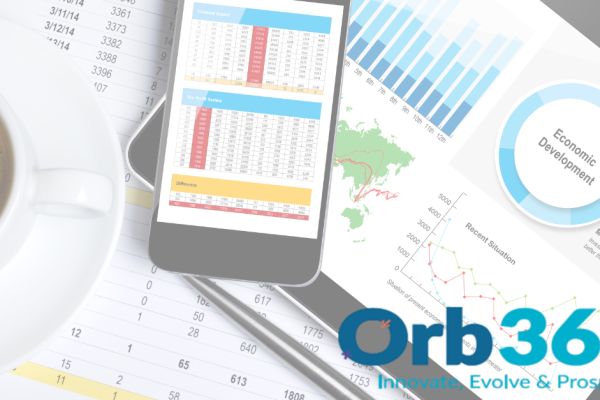Environmental, Social, and Governance (ESG) considerations have become integral to business strategy, especially in Australia. With increasing regulatory requirements and stakeholder expectations, understanding ESG is essential for long-term success.
What is ESG?
ESG stands for:
- Environmental: How a company manages its environmental impact, including energy use, emissions, and resource conservation.
- Social: How a company manages relationships with employees, suppliers, customers, and communities.
- Governance: How a company is governed, including leadership, executive pay, audits, internal controls, and shareholder rights.
In Australia, ESG is increasingly important due to evolving regulations and investor expectations. The Australian government has initiated steps to make ESG reporting mandatory for major companies and financial institutions, expected to start in 2024
Five Ways ESG Creates Value
According to McKinsey & Company, a strong ESG proposition can create value in the following ways:
- Top-Line Growth: Attracting customers with sustainable products and services, and entering new markets.
- Cost Reductions: Lowering energy consumption and waste, leading to operational efficiencies.
- Regulatory Compliance and Risk Management: Staying ahead of regulations and avoiding legal issues.
- Productivity Uplift: Enhancing employee motivation and attracting talent through strong ESG practices.
- Investment and Asset Optimisation: Improving investment returns by allocating capital to more promising and sustainable opportunities.
ESG in the Australian Context
Australian businesses are increasingly integrating ESG into their operations. The Australian Securities and Investments Commission (ASIC) emphasises the importance of accurate ESG disclosures to maintain market integrity. Furthermore, initiatives like Nature Positive Matters demonstrate the commitment of Australian companies to environmental sustainability.
Getting Started with ESG
For Australian businesses looking to implement ESG practices:
- Assess Current Practices: Evaluate existing policies and identify areas for improvement.
- Set Clear Goals: Define measurable ESG objectives aligned with business strategy.
- Engage Stakeholders: Communicate with employees, customers, and investors about ESG initiatives.
- Monitor and Report: Regularly track ESG performance and report transparently.
By embracing ESG, Australian businesses can not only comply with regulations but also drive innovation, build trust, and achieve sustainable growth.
Contact CIB
-
Parramatta Office
Suite 6, Blaxland House
5-7 Ross Street Parramatta,
NSW, Australia 2150
T: +61 2 9683 5999 -
Penrith Office
Suite 12,
308 High Street Penrith,
NSW, Australia 2750
T: +61 2 4721 6000 -
Sydney Office
Level 11
56 Pitt Street, Sydney,
NSW, Australia 2000
T: +61 2 9249 7400







